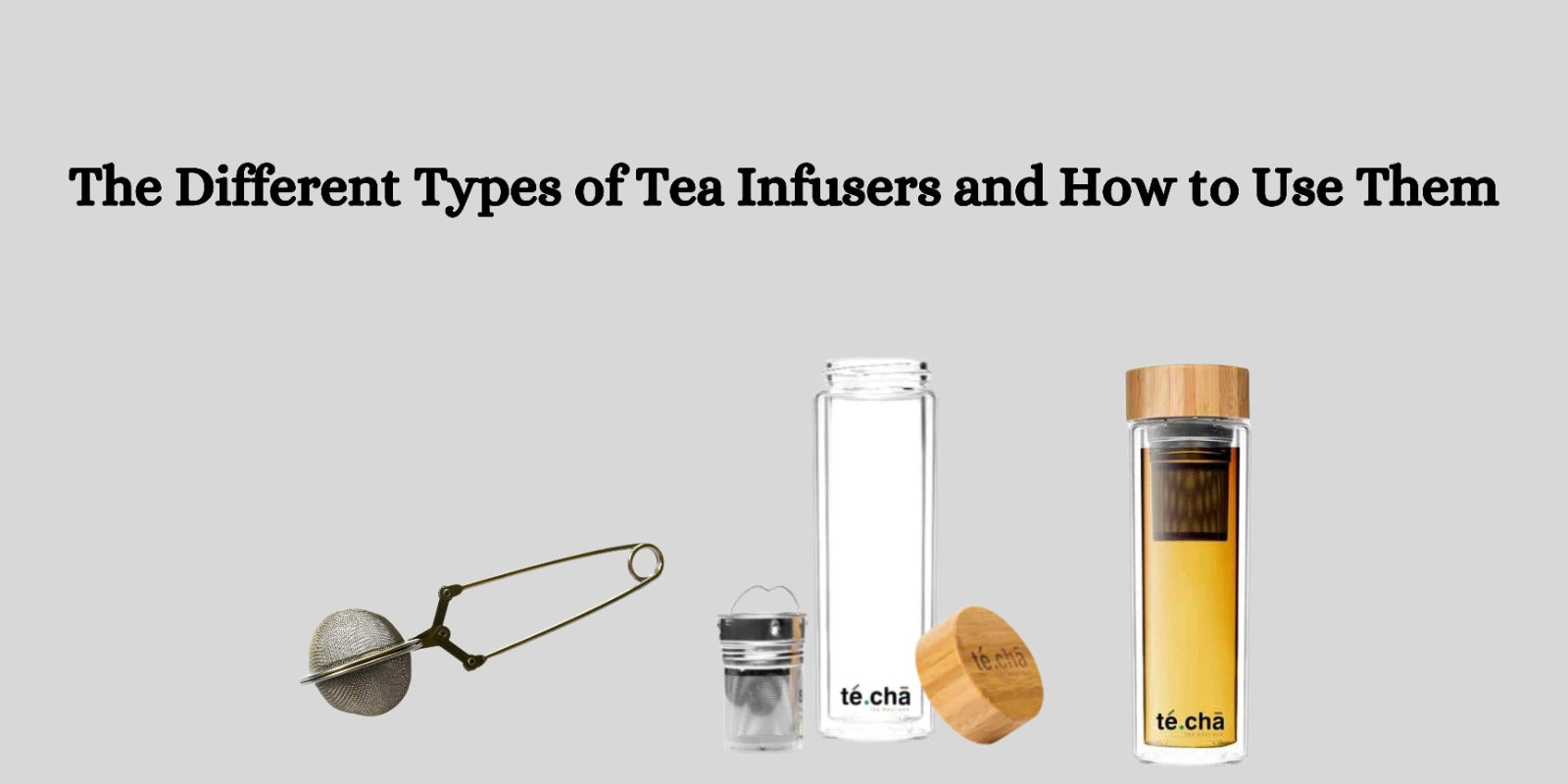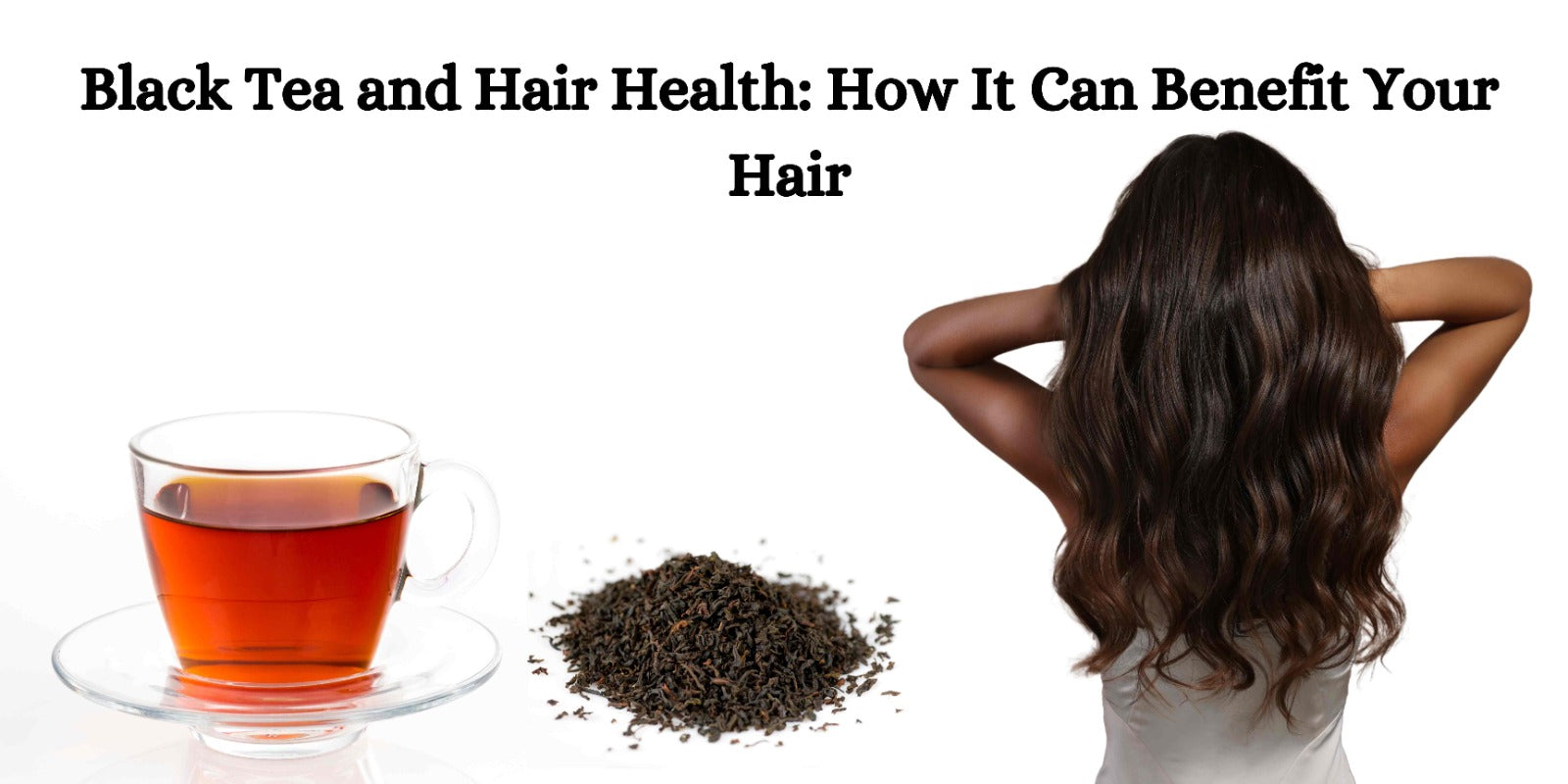Tea is one of the healthiest beverages in the world, known for its rich content of antioxidants. These powerful compounds help protect your cells from damage caused by free radicals, which can lead to various diseases, including heart disease and cancer. Different types of tea contain different levels of antioxidants, so if you’re looking for the one that’s highest in antioxidants, it’s important to know which variety to choose. In this blog, we’ll explore the teas that are richest in antioxidants and how they can benefit your health.
Green Tea: Packed with Catechins
Green tea is widely regarded as one of the best teas for antioxidants. It is particularly rich in catechins, a type of antioxidant that is believed to help improve heart health, aid in weight loss, and reduce the risk of certain cancers. The most powerful catechin found in green tea is epigallocatechin gallate (EGCG), which has been extensively studied for its health benefits.
Green tea undergoes minimal processing, which helps preserve its high antioxidant content. As a result, it is one of the most antioxidant-rich teas available.
- Antioxidants in green tea: Catechins, EGCG
- Health benefits: Heart health, fat burning, cancer prevention, improved brain function
Matcha: Supercharged Green Tea
If you’re looking for an even more potent source of antioxidants, matcha is the best choice. Matcha is a powdered form of green tea made from the entire tea leaf, meaning you consume all of the nutrients and antioxidants it contains. Since you’re ingesting the whole leaf, matcha offers a higher concentration of antioxidants compared to regular green tea.
In fact, matcha can contain up to 137 times more EGCG than regular green tea. It provides a significant antioxidant boost in just one serving, making it one of the most antioxidant-rich teas available.
- Antioxidants in matcha: High levels of catechins, especially EGCG
- Health benefits: Enhanced focus, detoxification, cancer prevention, sustained energy
White Tea: Delicate but Powerful
White tea is another excellent source of antioxidants. It is the least processed of all teas, which helps retain its natural antioxidants, particularly polyphenols. White tea contains many of the same antioxidants as green tea but in lower amounts. However, because it is so minimally processed, it is still an excellent option for those seeking a delicate, light-flavored tea that is high in antioxidants.
White tea is also known for its anti-aging properties and ability to protect the skin from damage due to its high levels of antioxidants.
- Antioxidants in white tea: Polyphenols, catechins
- Health benefits: Skin protection, anti-aging, heart health
Black Tea: Full of Theaflavins
While black tea is more oxidized than green or white tea, it still contains a good amount of antioxidants. The main antioxidants in black tea are called theaflavins, which are formed during the fermentation process. Theaflavins have been shown to support heart health, reduce cholesterol levels, and promote overall well-being.
Although black tea contains fewer catechins than green tea, it remains a great option for those who prefer a bolder flavor and still want to benefit from antioxidants.
- Antioxidants in black tea: Theaflavins
- Health benefits: Heart health, cholesterol management, improved digestion
Conclusion
When it comes to antioxidants, green tea and matcha take the top spots, with white tea and black tea following closely behind. If you’re looking for the highest level of antioxidants, matcha is the clear winner, offering concentrated amounts of EGCG and other powerful compounds. Whether you prefer the light, refreshing taste of green tea or the rich flavor of black tea, all tea varieties provide valuable antioxidants that can help support your overall health.




